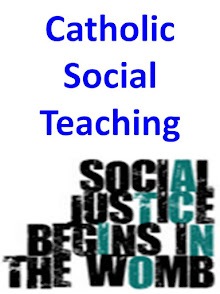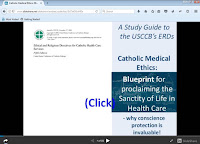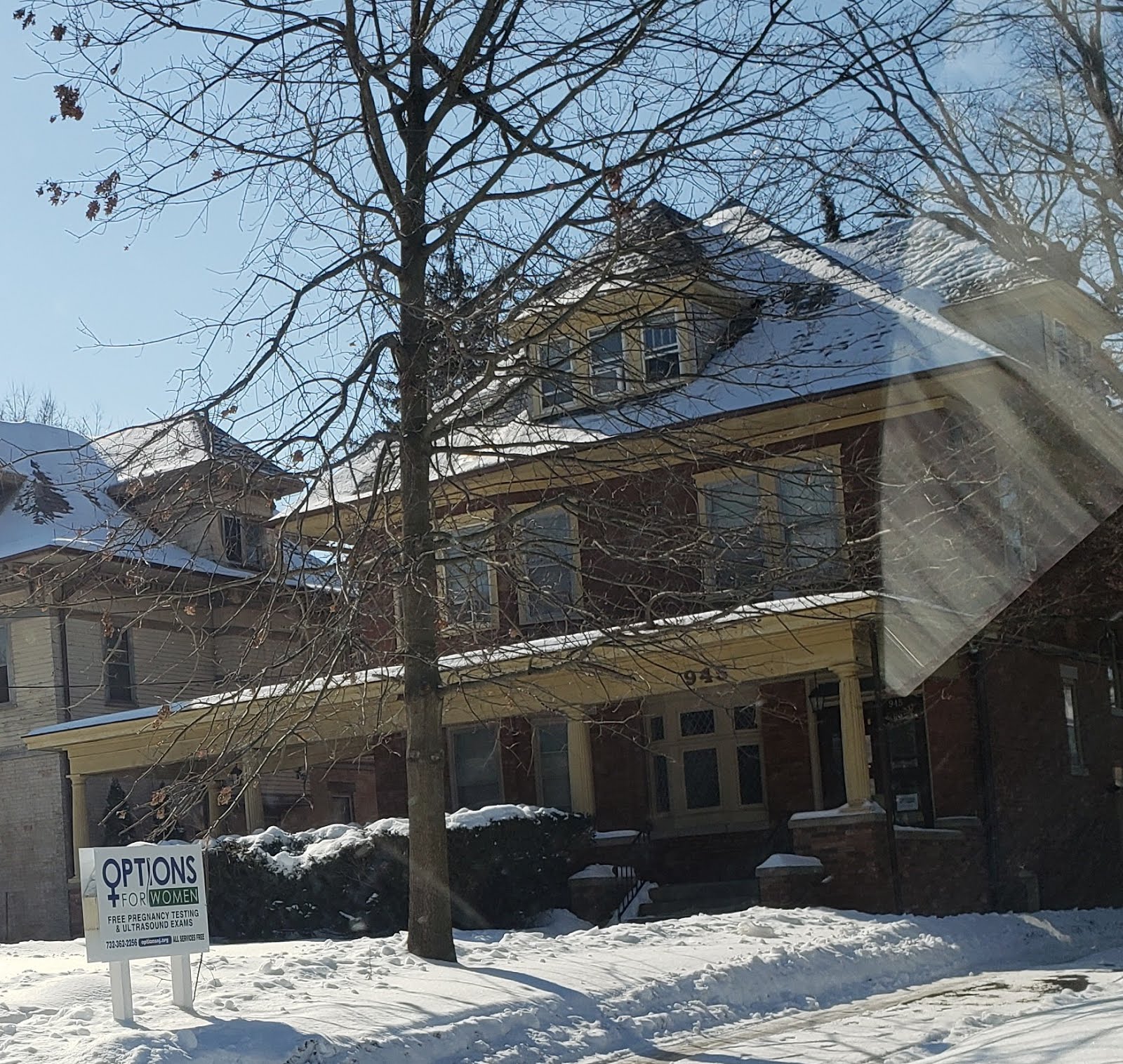As per former Saint Charles Borromeo moral theologian Dr. Peter Colosi (
NOT a physician),
"Some medical doctors and theologians doubt that brain-dead donors are
actually dead. This would mean that the removal of the vital organ is
the act by which the donor dies, but the Catechism (No. 2296) states,
'[I]t is not morally admissible directly to bring about the disabling
mutilation or death of a human being, even in order to delay the death
of other persons'.... Some hold that the Church has already pronounced in favor of brain
death, and they cite...[a] passage from Pope John Paul II’s Aug. 29,
2000, speech to the International Transplantation Society....I always notice that little word 'seem' in the first sentence. If
further knowledge reveals that brain death does seem to conflict with a
sound anthropology, this would remove the moral certainty referred to
later in the quotation, and it would follow that vital organ donations
should not be done" (cf., Our Sunday Visitor, 8/8/2012).
In a debate with former Catholic Medical Association president Dr. Paul Byrne, Saint Charles Borromeo moral theologian and National Catholic Bioethics Center president Dr. John Haas (
NOT a physician) indeed seems to imply that
Pope John Paul II (2000) unequivocally endorsed
so-called brain death criteria (cf,
Kresta in the Afternoon, 1/8/2014, move to 22:35).
Pope Emeritus Benedict XVI (2008) had been much more cautious:
"individual vital organs cannot be extracted
except ex cadavere....In these years science has accomplished further
progress in certifying the death of the patient. It is good, therefore,
that the results attained receive the consent of the entire scientific
community in order to further research for solutions that give certainty
to all. In an area such as this, in fact, there cannot be the slightest
suspicion of arbitration and where certainty has not been attained the
principle of precaution must prevail....the principal criteria of respect
for the life of the donator must always prevail so that the extraction of
organs be performed only in the case of his/her true death (cf. Compendium of the Catechism of the Catholic Church,
n. 476)"]
Haas' own National Catholic Bioethics Center did the English language translation of the Vatican's New Charter for Health Care Workers (
2017) and the Charter quotes the pope emeritus' words of caution,
"116.... [']In an area such as this, in fact, there cannot be the slightest
suspicion of arbitration and where certainty has not been attained the
principle of precaution must prevail. This is why it is useful to
promote research and interdisciplinary reflection to place public
opinion before the most transparent truth on the anthropological,
social, ethical and juridical implications of the practice of
transplantation.'237"
This May, the
John Paul II Academy for Human Life and the Family is gathering prominent voices who very much disagree with Haas' acceptance of so-called brain death criteria.

















No comments:
Post a Comment